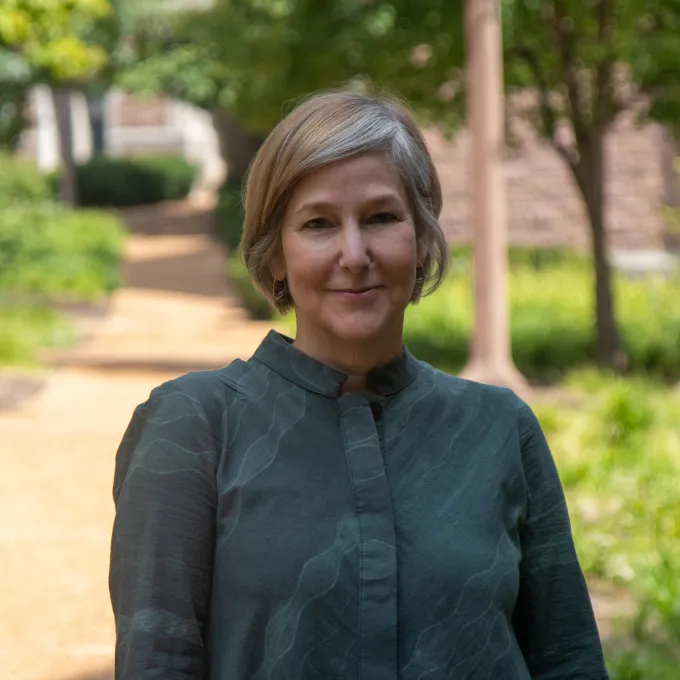Professor Markson studies social cognitive development with a focus on how children learn from and think about other people, including how they reason about different social categories. She directs the Cognition & Development Lab which is guided by a social justice framework to developmental science with the goal of attaining more equitable societal outcomes for all children.
Markson has several current lines of research: the effects of early racial socialization practices—such as parental messaging and exposure to diversity—on children’s thinking about race; the development of epistemic and social trust in infants and children from diverse contexts—including race-ethnicity and SES; children’s concepts of skin color inheritance; the impact of neighborhood/school segregation on children’s cognition; and how children’s knowledge of systemic racism influences their reasoning about differential outcomes and fairness. In her research in the lab and in the local community, she and her students strive to work with a diverse sample of children, with the goal of a developmental science that is generalizable and equitable, with respect to who it includes, who it is about, and who it benefits.
